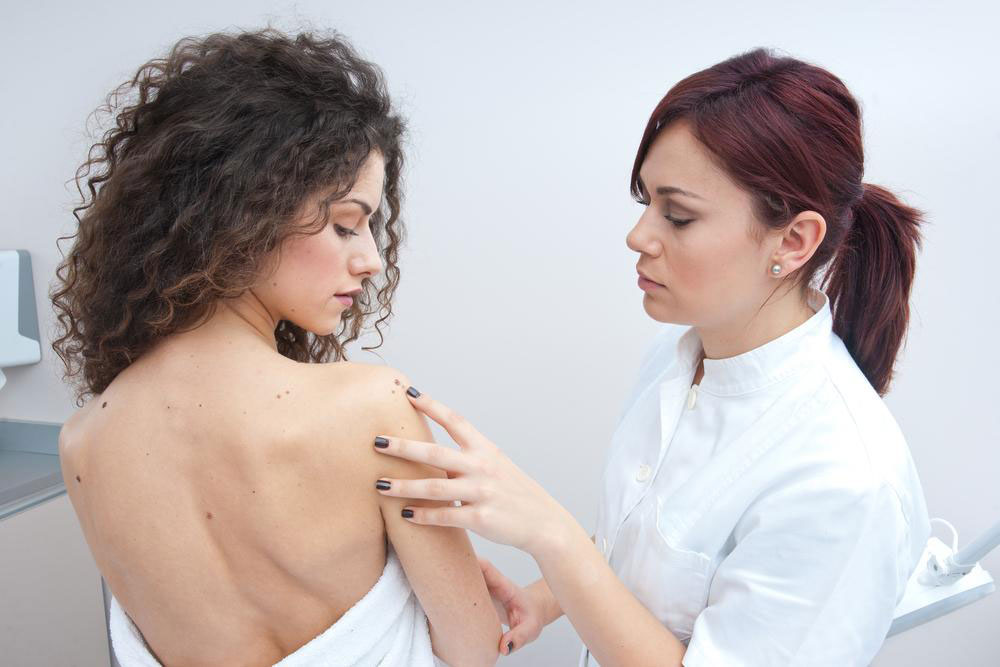Understanding Common Bacterial Skin Conditions and How to Prevent Them
This article highlights common bacterial skin infections like boils, carbuncles, impetigo, and erythrasma, along with prevention strategies. It emphasizes early diagnosis, hygiene, and appropriate antibiotic use to manage these conditions effectively. Understanding risk factors and symptoms helps in timely treatment and skin health maintenance.

Overview of Bacterial Skin Conditions
Bacterial infections of the skin can range from minor pimples to serious abscesses, mainly caused by bacteria such as Staphylococcus and Streptococcus. Recognizing these infections early allows for effective treatment and prevents complications.
Furunculosis (Boils)
More extensive than folliculitis, affecting sebaceous glands.
Often seen on the neck, armpits, face, and buttocks.
Starts as red bumps that become painful with possible pus drainage.
Many resolve as pus is expelled naturally.
Factors like obesity, diabetes, steroid use, and blood disorders increase risk.
Carbuncles
Large, painful lumps resulting from interconnected infected hair follicles.
Symptoms include fever and general fatigue.
Require antibiotics for more severe infections.
Impetigo
Common in children, especially with skin injuries.
Features honey-colored crusted patches around the nose and mouth.
If untreated, it can spread, causing itching; bullous form features large, rupturing blisters.
Erythrasma
Caused by Corynebacterium minutissimum, affecting moist skin areas like between toes, groin, and under breasts.
Frequent in older, overweight, and diabetic individuals in humid settings.
Begins as pink or reddish patches with clear edges, darkening over time.
Preventing Bacterial Skin Infections
Maintain healthy skin and adhere to good hygiene practices.
Clean and cover cuts or scrapes to reduce infection risk.
Avoid unnecessary antibiotic use for minor injuries to prevent resistance.
Widespread infections may require prescribed antibiotics.
Hidradenitis Suppurativa
A chronic bacterial condition impacting sweat glands in areas such as the armpits, groin, and scalp.
Typically begins after puberty, with recurrent painful boils that can drain and emit unpleasant odors.
Can lead to deep skin tunnels, making treatment more difficult.
Proper hygiene, early detection, and timely medication are essential for managing bacterial skin infections. Protecting skin health is key to prevention.


